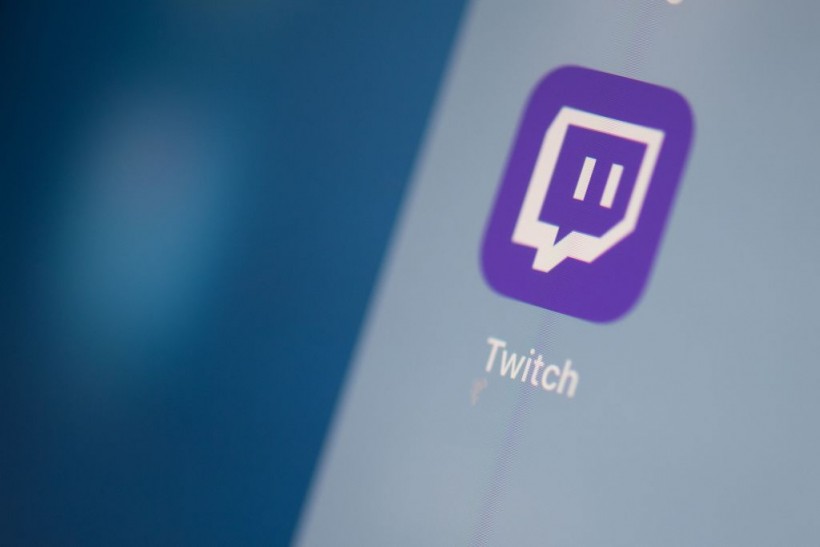The evolution of Twitch, originally conceived as a platform for streaming video game content, is redefining the boundaries of journalism as it ventures into news coverage, according to a study conducted by researchers at the University of Oregon.
The research was led by media and game studies professor Maxwell Foxman, highlighting Twitch's emergence as a news source and the unique challenges it poses to traditional journalistic practices.

Twitch Enters the News Sphere
Foxman and his co-authors, Brandon C. Harris and William Clyde Partin delve into the innovative ways in which established news organizations and digital influencers are engaging with audiences on Twitch to deliver news content.
They emphasize the importance of adapting journalistic methods to meet the expectations of Twitch users and to navigate the platform's distinct dynamics.
The study underscores Twitch's potential as a valuable addition for news organizations seeking to broaden their revenue streams and enhance audience engagement. It suggests that journalists could benefit from embracing new approaches that resonate with audiences.
One of the key insights from the study is the transformation of live streaming platforms like Twitch, YouTube, and TikTok into significant players in the realm of "live" news delivery.
According to the researchers, digital-age streamers on platforms like Twitch are challenging conventional journalistic norms by actively involving audiences in the news-making process.
This collaborative approach, termed "co-construction" by co-author Harris, fosters deeper engagement and trust among viewers, albeit through unconventional means.
Read Also: Twitch Introduces New Feed for Streamers, Inspired by TikTok
The Impact of Twitch on Journalism
Twitch's dominance in the live video space, with an astonishing 1.6 billion hours of content produced monthly, underscores its growing influence beyond gaming. While the platform primarily features live gameplay streams, it has increasingly become a hub for news dissemination and public discourse.
Foxman's research examines Twitch's impact on journalism by analyzing three distinct channels on the platform: The Washington Post, political influencer Hasan Piker, and Patriots' Soapbox, a channel associated with the QAnon conspiracy theory.
The study analyzed about 1,000 hours of content from June 2020 to June 2021, including Twitch coverage of President Donald Trump's impeachment and the Capitol riots.
Foxman noted a key distinction in how the three channels managed audience interaction. Twitch users engage in real-time discussions with streamers via text chat, redefining the "live news" concept by allowing audiences to contribute and analyze information alongside content producers.
Piker actively engages with viewers during live broadcasts, addressing their questions and comments in real-time. This dynamic interaction not only enhances viewer popularity but also boosts revenue through advertisements, subscriptions, and "Bits", according to the study.
Meanwhile, Patriots' Soapbox took a more interactive approach, occasionally letting fans host the channel.
The Washington Post differentiated itself by separating hosts' videos from audience dialogue, a strategy that Foxman suggests could improve engagement and trust-building on social media.
Foxman said in a statement, "Games and the news may seem disconnected, but often economically, socially, or culturally, they interact."
The findings of the team were published in Digital Journal.
Related Article: Spotify Brings TikTok-Like Feature Called 'Discover' with Vertical Video Feed that Feature Songs






